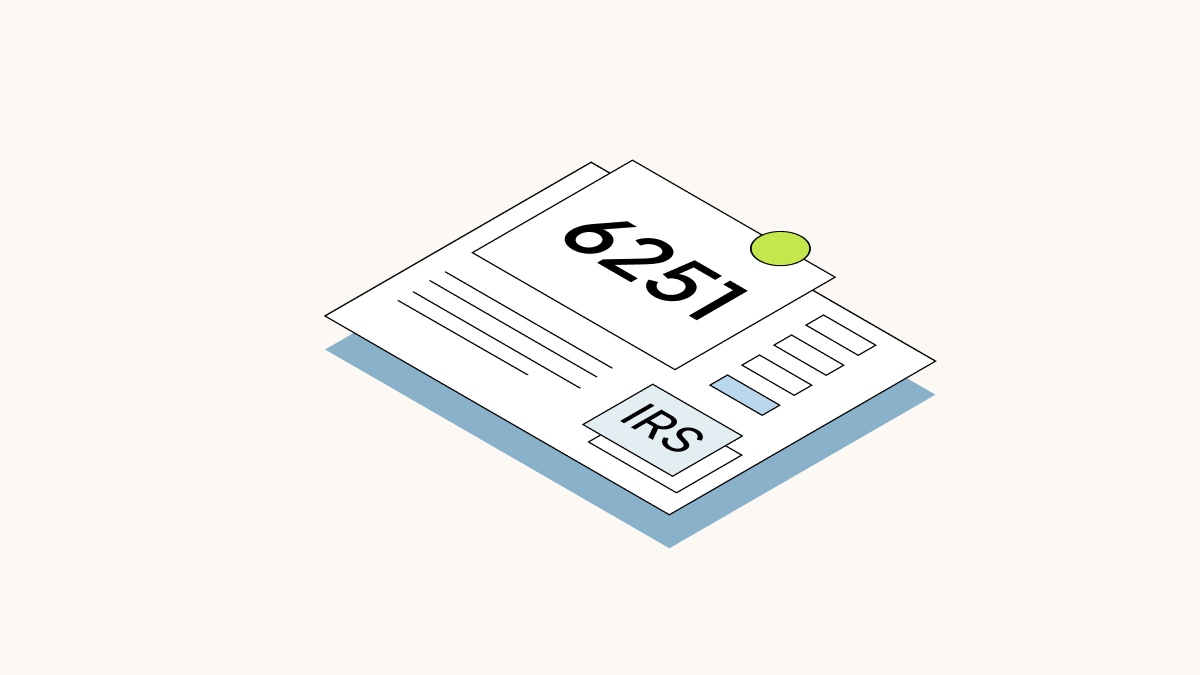Earning stock in the company you work for is a great perk, but even when the company is successful, it can take years before you can turn your equity into cash. Typically, employee shareholders have to wait until their company goes public or gets acquired before they can sell their private stocks.
However, some companies offer early access to liquidity through a secondary transaction, such as a tender offer. Each secondary transaction type comes with its own set of challenges, including tax liabilities, restrictions from the issuing company, and more. Here’s what you should consider before selling private company stocks in a secondary transaction.
How do you sell stocks in a private company?
Tender offers and secondary transactions are two ways you can sell private stocks from your company.
Selling shares in a tender offer
A company-organized liquidity event like a tender offer gives employees and other shareholders the chance to sell private company stock without having to wait for the company to go public or be acquired.
A tender offer gives shareholders the opportunity to sell their shares to outside investors or back to the company. The company brings the buyers to the table, sets the share price, and organizes the transaction.
Tender offers aren’t routine occurrences. It’s up to your company to decide whether to run a tender offer, and there are no assurances they will. Even if your company does organize a tender offer, there’s no guarantee you’ll be able to sell your shares. There may be additional requirements that you need to satisfy, such as completing a certain length of tenure at the company.
When there are more willing sellers than buyers at the company-set price, the tender offer is considered “oversubscribed.” In this type of case, the company, for example, may prioritize liquidity for certain shareholders (such as current employees) over others.
Learn how Carta Liquidity can help facilitate tender offers for private companies.
Selling shares in a secondary transaction
Another option for selling private stock is to sell on a secondary marketplace. A secondary marketplace connects you to investors who want to buy your stock. However, a secondary transaction that’s not facilitated by the company is a complex process that takes a lot of time. It can also cost upwards of 5% of your gross proceeds, and may not get you the best price for your stock.
What should I consider before selling private company stock?
Selling your stock in a private company is a big decision that depends in part on your personal finances. Before selling, consider these four factors:
1. Your company’s restrictions around selling shares
If you hold shares in a private company, sometimes you can’t sell your stock without the company’s permission. Your company usually has the right of first refusal, which means it can buy back your stock before other investors do.
The first step to selling your shares is asking your CFO or founder if they are planning to run a buyback or third-party tender offer. If they do run such a program, they will set rules. You might only be able to sell a certain number of shares, or you may only qualify if you’ve exercised your stock options and held onto the resulting shares for a certain amount of time.
A tender offer must remain open for at least 20 business days. You can use the time to evaluate the qualifying criteria and Offer to Purchase (terms of sale) to make sure you’re comfortable with the specifics.
2. The bid-ask spread
If you’re planning to sell through a secondary marketplace, determine the stock’s bid-ask spread, which is the difference between the highest bidding price per share to buy (bid price) and the lowest price per share to sell (asking price).
If, for example, the asking price is $100 and the highest bid is $90, then the spread is $10. This means even if you think the stock is worth $100 or more, you will likely only be able to sell them for $90 per share. That $10 spread may not seem significant on its own, but when you multiply it by the amount of shares you want to sell, you could lose out on a lot of potential profit.
Investments in private companies carry risk and volatility (particularly in a downturn), and passing on an opportunity to sell your shares may mean that you realize less or no gain if you wait. Consider the “bird in the hand” adage and how important liquidity is to you in the context of your personal financial situation and risk tolerance.
3. The tax implications of a sale
When calculating your total gain, don’t forget to factor in taxes. If you exercise stock options and sell your resulting shares in the same transaction (during a company-sponsored tender offer that allows for cashless exercise, for example), you’ll pay ordinary income tax on your gains (the amount you sold the shares for minus your strike price).
If you sell private shares you hold as a result of a prior option exercise, you’ll pay ordinary income on the difference between your strike price (what you paid per share) and the fair market value (FMV) of the shares at the time of your option exercise. In addition you may be subject to capital gains tax liability on any increase in the fair market value of your shares when you at the time of exercise and the sale price. There are two different scenarios here:
-
If you hold your shares for at least a year, you’ll be subject to long-term capital gains taxes on the increase in value, which the IRS taxes at a lower rate than short-term capital gains.
-
If you exercise your options and sell your shares within the same year, you’ll pay short-term capital gains taxes on the increase in value.
4. Liquidity needs
Any time you consider selling stock, you should weigh the value of having the cash now against the theoretical value of your stock going up over time. That’s why it’s important to consider why you want to liquidate your shares.
Maybe you’d like to pay off your student loans, pay for a wedding, put a down payment on a house, or diversify your holdings into other investments If you have a good use for your cash right now, it may be worth selling some of your shares. However, if you think your stock’s value will continue to rise and you can afford to wait, holding off on a sale could net you more money down the line, and sometimes, a lower tax obligation.
Either way, it’s helpful to consult with your financial and tax advisors to review the benefits and drawbacks of these opportunities.
The challenge with selling private company stocks
Selling your private company stock can be tedious and expensive. Not only does the issuing company often have to approve the sale and buyer, but you may also have to hire an accountant and attorney to review your taxes and analyze your shareholder agreement and sales contracts. Also, if your company is considering a tender offer, they can kill the deal or back out at any time, if they choose.
Carta Liquidity makes it easier for private companies to offer liquidity to employees and early investors. Carta Liquidity integrates with Carta’s cap table management platform allowing companies to choose from several transaction types (including tender offers) and customize them according to their needs and business strategies, all while minimizing administrative burden for organizations running secondary transactions, their employees and other shareholders. In addition, Carta Liquidity can help arrange one-off, bespoke secondary transactions.
What if I can’t afford to exercise my shares?
You can only sell your private company shares if you exercise your stock options and purchase those shares first. Depending on the strike price, though, you may not have enough cash to exercise your options, especially if your company requires you to hold onto stock for a certain period of time before selling.
Option lending
Option lending allows some lenders give loans to help employees exercise their options. The size and terms of the loan vary by lender.
If you opt for a bank loan, you may have to agree to personal recourse, which means your personal assets will be at risk if your stock goes down and you can’t repay the loan. With other lenders, you may have to give up a certain amount of your stock when your company has a liquidity event.
Option lending can be a good solution if you can’t afford to exercise your shares, but it’s critical to consider the size of the loan, how much interest you’re comfortable paying, and how much risk you’re willing to incur if your stock loses value.
Cashless exercise
If your company allows for cashless exercise, you may be able to sell eligible option grants sold in the transaction without paying the exercise cost out of pocket. The sale proceeds received are used to pay the exercise cost for only those shares that will be sold. If there is a cutback due to an oversubscribed transaction and a seller cannot sell some or all shares from their options, that portion of the options will not be exercised and accordingly won’t be sold.
If you’re thinking about exercising your private company stock options, check out our AMT calculator to get a sense of the taxes you might need to pay.




